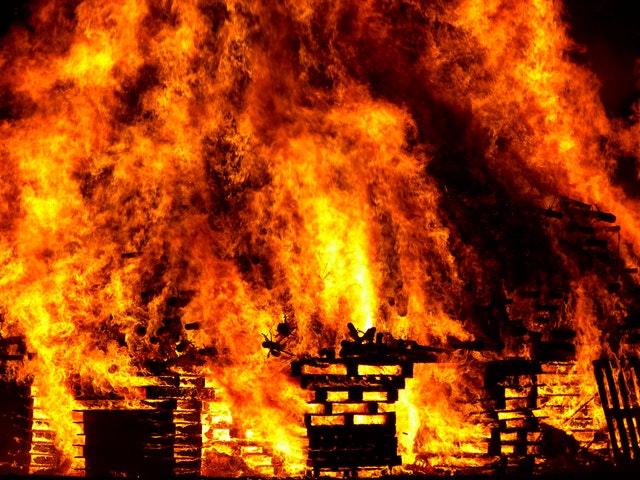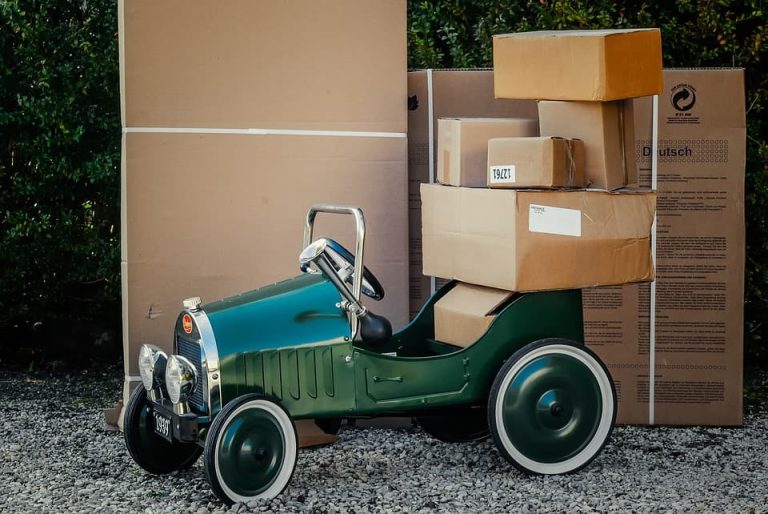5 Common Causes of House Fires and How to Prevent Them
A scary experience no one would ever want to relive is a house fire, especially one in the middle of the night. To avoid such a horrifying threat, there are several ways you can prevent this disaster from happening.
House fires are surprisingly easy to prevent and often stem from common and careless mistakes. Here are some simple step-by-step approaches that can help save lives.
Table of Contents
Most Common Ways to Prevent House Fires
Caution with Cooking Appliances
Whether in the kitchen, the backyard, or your living room, any kind of stove or grille needs to be constantly attended to. Leaving a pot or pan unattended is one of the leading causes of why fires occur. Individuals often leave the kitchen with food still cooking on the stove, which eventually dries up and turns into a strong flame.
It is better to simply turn the stove off when you leave. You can pick up where you left off when you return. The same goes for baking or broiling in the oven. If it’s a souffle, just stay there! Anything else, don’t leave the stove on unless the oven has a functioning timer.
For fire stoves, always install a spark screen or glass door to prevent sparks from escaping from the firebox. With BBQ grilles, you must always make sure that it is located several feet from your house and stationed on concrete or rock.
Keeping a fire extinguisher closeby is necessary if the flames ever get out of control on your grille. Always keep a BBQ grille clean, check the gas connections and remove rust.
Smoking Hazards
Another frequent cause of house fires is due to smoking. A majority of fires caused by smoking are when the fabric on furniture pieces or mattresses ignite because of unextinguished cigarettes.
Chronic smokers who place cigarettes in their ashtray leave them with cinders still ablaze. It is recommended that they are drenched with water before tossing them away, even if in an isolated ashtray.
Throwing any cigarette butt into the garbage without fully wetting it is never recommended. Smoking should never be allowed around any medical equipment because they may have explosive gases or chemicals, such as oxygen tanks.
Candles and Their Risks
Candles are certainly relaxing, but when carelessly left to burn can lead to a raging fire. Always light candles away from any kind of fabric, and keep them on a dry and stable surface.
Don’t keep candles near tapestries, bedding, papers, or books. Whenever you leave the room for more than an hour, blow out the candle and relight it when you return. Don’t ever leave a candle burning when you are not home or asleep.
Sometimes glass cracks and the candle may fall out of its container, or slip through and ignite on a flammable surface. Factory defects in candle manufacturing happen every so often.
Electrical Cords and Equipment Fires
Fraying wires are a major fire risk and are the main reason electrical fires occur. If you see a damaged wire or cord on a purchased electronic or an appliance, turn it off, unplug it, and replace it.
You could also fix the worn area with electrical tape if it is a small breakage, but make sure all parts are completely sealed in. It is better to purchase a new cord or check the warranty on the item for a free replacement.
For exposed wiring that is part of the building, you must have an electrician do the work for you. This is a more dangerous situation and requires a higher level of knowledge to fix this kind of issue. In this scenario, the cord should be deactivated to prevent sparked fires.
Surprisingly, clothing dryers are another source of house fires. You have to clean the lint filter constantly to prevent the dust buildup from sparking when the dryer is hot. Often, lint will pile up under the dryer and behind it, so check these places as well. When installing your own dryer vent, always follow the instructions and use the recommendations for the duct material.
Flammable Chemicals
While many are aware of flammable chemicals such as propane, gasoline, and kerosene, there are common home products that should be carefully assessed as well for their flammability.
Household products with flammable chemicals include alcohol, nail polish, and aerosol sprays of any kind. Propane or kerosene heaters must always be placed in well-ventilated areas. Only use the fuel recommended by the instructions that come with them, clean up spills, and never overfill the heater.
Seek Help After a House Fire
If you recently suffered from a house fire, your next step would be to speak with a professional to help you file insurance claims. Licensed professionals can provide education and advice on fire damage and how to prevent future threats.
*References







